With Swift 3, Dictionary has a keys property. keys has the following declaration:
var keys: LazyMapCollection<Dictionary<Key, Value>, Key> { get }
A collection containing just the keys of the dictionary.
Note that LazyMapCollection that can easily be mapped to an Array with Array's init(_:) initializer.
From NSDictionary to [String]
The following iOS AppDelegate class snippet shows how to get an array of strings ([String]) using keys property from a NSDictionary:

func application(_ application: UIApplication, didFinishLaunchingWithOptions launchOptions: [UIApplicationLaunchOptionsKey: Any]?) -> Bool {
let string = Bundle.main.path(forResource: "Components", ofType: "plist")!
if let dict = NSDictionary(contentsOfFile: string) as? [String : Int] {
let lazyMapCollection = dict.keys
let componentArray = Array(lazyMapCollection)
print(componentArray)
// prints: ["Car", "Boat"]
}
return true
}
From [String: Int] to [String]
In a more general way, the following Playground code shows how to get an array of strings ([String]) using keys property from a dictionary with string keys and integer values ([String: Int]):
let dictionary = ["Gabrielle": 49, "Bree": 32, "Susan": 12, "Lynette": 7]
let lazyMapCollection = dictionary.keys
let stringArray = Array(lazyMapCollection)
print(stringArray)
// prints: ["Bree", "Susan", "Lynette", "Gabrielle"]
From [Int: String] to [String]
The following Playground code shows how to get an array of strings ([String]) using keys property from a dictionary with integer keys and string values ([Int: String]):
let dictionary = [49: "Gabrielle", 32: "Bree", 12: "Susan", 7: "Lynette"]
let lazyMapCollection = dictionary.keys
let stringArray = Array(lazyMapCollection.map { String($0) })
// let stringArray = Array(lazyMapCollection).map { String($0) } // also works
print(stringArray)
// prints: ["32", "12", "7", "49"]



![NSDictionary has get [Any] properties for allkeys and allvalues](../../images/3839233189.webp)

